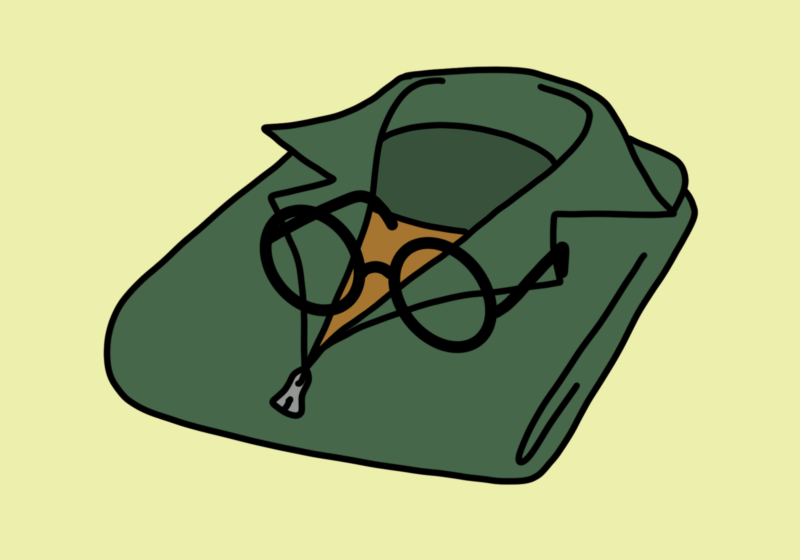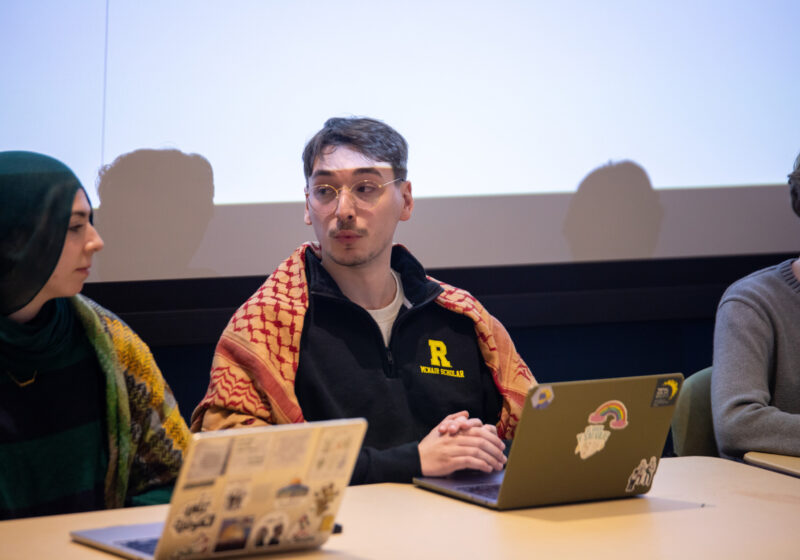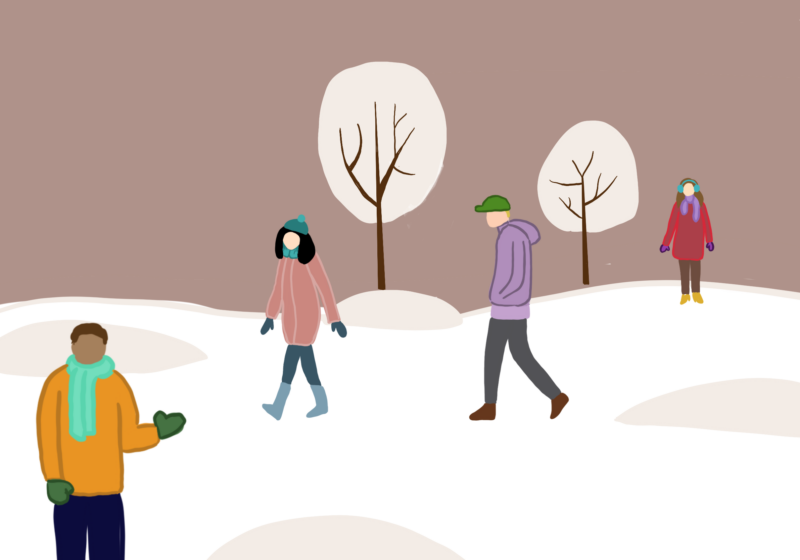“Beavis and Butthead” resonated so strongly with ’90s audiences because it was digestible yet surprisingly intelligent satire. But behind the scenes of the insipid duo, one breakout character was prepared to break through the barriers of the original show into her own, uniquely pessimistic spin-off.
Enter Daria, of “Daria” fame. Originally a side character from “Beavis and Butthead,” her snide commentary and apparent lack of interest in being liked was so hilarious, it made her a fan favorite. And while “Daria” initially follows the “Beavis and Butthead” formula of one-off satirical comedy pieces, it soon develops its own voice, giving itself more space to ponder exactly what it’s trying to say.
“Daria” centers on Daria and her family, made up of her overworked overachieving mom, Helen; bumbling incompetent dad, Jake; and shallow approval-seeking younger sister, Quinn. Daria also interacts with several classmates and teachers, though the only person she can truly call her “friend” is Jane, a confident artist with a similar isolationist outlook to Daria’s. Most episodes make fun of or examine a cultural issue — specifically, ’90s consumerist teenage culture. And… that’s it.
Or so it seems.
At first, that’s all there is to it. The pattern goes:
- Daria gets forced into a situation where she has to interact with people who aren’t Jane
- Daria makes snarky comments about how the situation is ridiculous and emblematic of some aspect of society she has a problem with
- Hilarity ensues
- Cue end credits
But toward the end of season one, “Daria” — and Daria — become self-aware. Daria’s carefully-constructed set of morals falls apart too easily, and her efforts to rebuild them end up being cruel and petty. Does reading books and not putting effort into her appearance really elevate Daria above the others at her high school, or is it just a sneakier way of dealing with the same insecurities the popular kids are trying to hide?
By season three, Daria can state openly that she doesn’t want to be the way she is. She just doesn’t have another way to be, since she’s observant and bad at bullshitting people. Her policy of brutal honesty and adherence to her moral standards make her lose out on important opportunities at best and hypocritical at worst. And while throughout the show, Daria refuses to act “conventional,” as she calls it, she does envy how (seemingly) easily people like her sister Quinn can move through their high school environment. By the end of season four, she’s prepared to dramatically abandon her morals and hurt her best friend — all for a guy. Season one Daria would retch.
If the most satisfying moments of “Daria” happen when Daria forgets what she’s about, the least satisfying ones happen when the show itself forgets what it’s about. The resolution to the Jane/Daria guy drama in the season four TV-movie finale is remarkably anticlimactic, because it doesn’t really deal with what made Daria do the harmful thing she did. Why was this guy so important? The single event in the show with the most potential to be something amazing gets washed away, with Daria and Jane’s relationship only salvaged in the last 10 minutes of the season by Jane’s superhuman powers of forgiveness. Daria learns nothing, even though this situation was the perfect opportunity for her to reflect on whether her morals are really worth it.
Despite the harsh words I may have for certain parts of it, I love “Daria” with all my heart. It’s been my favorite show since I was 13, and it will likely continue to be so for the foreseeable future. It takes the tired counter-culture, revenge-of-the-nerds themes present in plenty of media at the time and reflects on them, polishing them up into something shiny and new. Daria might not approve of blatantly repackaging an apparently surface-level product, but just this once, I think “Daria” can be forgiven.



